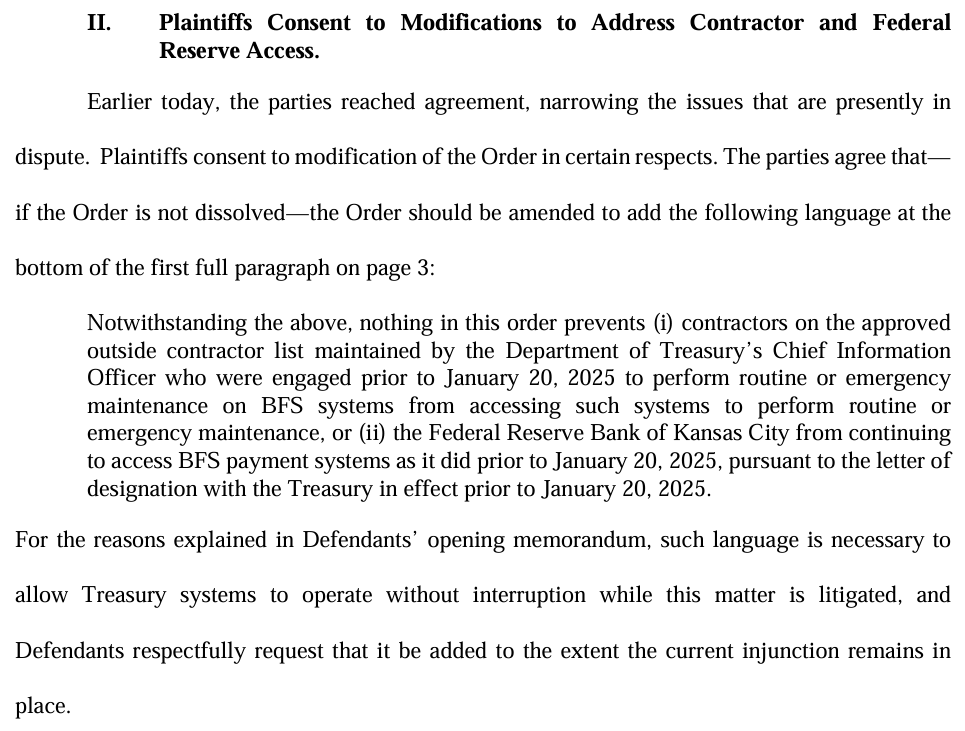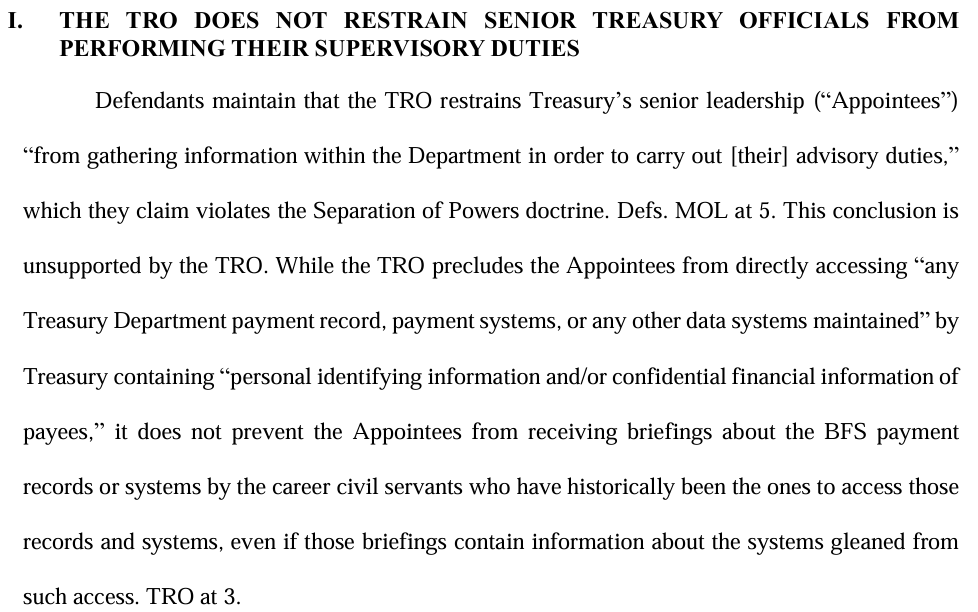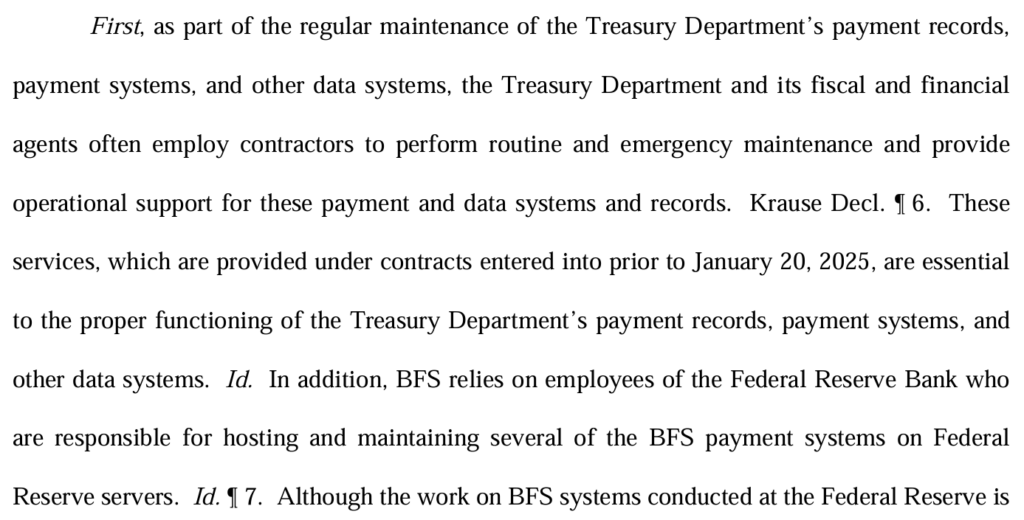
The cover of Alt-Hero: Q is gorgeous – glossy, shiny and in vivid colour.
A few days ago I finally received a beautiful, glossy, trade paperback book – a graphic novel. It was an unexpected but welcome surprise. The hard copy of Vox Day’s Alt-Hero: Q had arrived. It is a beautiful and entertaining product well worth buying, satirising the well-known false conspiracy theory – Q-Anon.
For those who are unfamiliar, one of the most obviously fake news items in recent years was Q-Anon (archive). The theory came to prominence during the first Trump administration and the premise was that a secret government whistle-blower known only as ‘Q’ was revealing details of a secret war by Donald Trump against a vast paedophile conspiracy that had taken over the world. As history showed, Q was fake and their predictions simply did not happen (archive). Of course the theory only worked because like all the best lies it had a grain of truth. The West – USA and Europe, were for decades ruled by a left-leaning establishment that slowly parted company with the population it held in increasing contempt, as well as reality. The pendulum which was starting to swing during Trump’s first term is now moving with crushing force during his second one. ‘Q’ may have been a false prophet but their themes were not.
Alt-Hero: Q is essentially a sort of spy thriller. Set in Vox Day’s, ‘Alt-Hero’ universe it postulates that ‘Q’ is real and benevolent, a sort of near-omnipresent wing-man who guides a wide variety of ordinary people via untraceable smartphone messages. The hero of the series is Roland Dane, a federal agent tasked with guarding a US Secretary of State who survives the assassination of his charge but is wrongly declared dead and hunted by a murderous, corrupt cabal which secretly rules the world. The nefarious cabal is ruthless and evil, deliberately promoting politicians and celebrities with vices such as paedophilia who therefore have no choice but obey the cabal or be exposed.
Left with little choice, and Q as his only ally, Dane goes on various missions backed by a sort of crowd-sourced army of Q followers based on the real world followers of the Q-Anon conspiracy theory. One mission is to protect an honest politician called Hammond Wyler, a congressman. With eerie prescience, Wyler looks like an older, craggier, JD Vance – including the beard – yet this comic was conceived in 2018 and the story largely came out in 2019.

Fictional, honest politician Congressman Hammond Wyler bears an uncannily prescient resemblance to JD Vance, Trump’s Vice President.
Continue reading →












